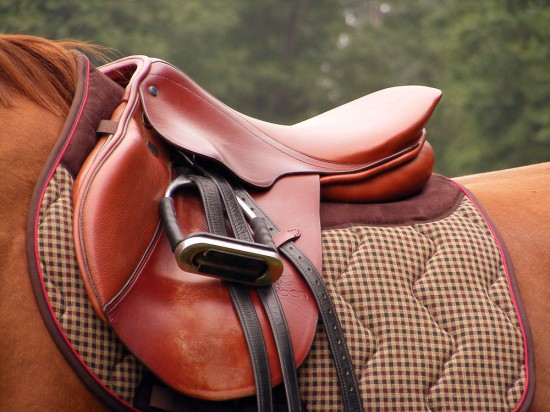
Raising a small flock of chickens is not surprisingly becoming quite a fashionable pastime and it is easy to see why. It does not take a great amount of money to get started and you can do it without a lot of effort. Furthermore, it will not be long before you are receiving nutritious eggs for the table. If you have decided to grow chickens in your yard there are several things you have to do previous to adding birds to your hen house.
To grow a small flock of chickens you must provide a decent house for them. This will come in the manner of a hen house and will include feeders, waterers, and nests. Once you have all of these items in place it is simply a matter of filling your chicken coop with a small flock of chickens. But you can't just drive to the neighborhood grocery store to buy these hens, so where do you purchase them? There are a great number of ways, each possessing their own unique advantages and disadvantages. Understanding these different options will teach you what you need to know to guarantee yourself the greatest quantity and highest quality of nutritious eggs at the earliest possible time.
There are two main choices for establishing your egg laying flock. Either hatch your poultry from fertile eggs or obtain living chickens. Hatching your own eggs is accomplished utilizing an incubator or a broody hen. Live chickens can be bought as day-old chicks, started pullets, or second-year chickens. You can buy eggs or birds from a large amount of commercial hatcheries which are simple to find by probing online. One of my favorites has always been Murray McMurray Hatchery, but there are a lot where you can purchase what you want.
Using a broody hen to hatch your eggs is probably not the top method due to the fact that there are too many things that can go wrong, which will cause disappointment for the rookie. The same thing can be said if you want to try your hand at hatching eggs utilizing an incubator. The incubator temperature must remain the same for the whole time which is not a simple job to sustain. Plus, hatching eggs are frequently more pricey than day-old birds so there's actually no purpose to acquire hatching eggs.
Day-old chickens most commonly are delivered by the postal service and require the use of a chicken brooder to remain warm through the first several weeks of life. Poultry brooders can cost lots of money so buying one will ratchet up your outlay a great amount. Day-old chickens also need some special care so you will usually expend a good deal more time growing these infantile chicks than you will if you get started birds or second-year chickens.
Pullets produce a large quantity of eggs their initial year and then production lessens each successive year. The eggs also lessen in quality every year. This is one reason why second-year birds are not necessarily the best choice. They have previously laid eggs for a year so when you get them they will provide fewer eggs that are lower in quality.
Started birds are almost always around nineteen or twenty weeks old and have just about reached their egg producing age. With this sort of bird you might very well be able to begin receiving eggs soon after buying them. The price will be higher than day-old chickens, but you can get back most, if not all, of the price difference since you will not have the expense of feeding them for the first four-and-a-half months of their existence. This can save you a bunch of money on chicken feed. And a costly chicken brooder will not need to be purchased since they will go directly into the hen house once they arrive.
As an alternative to buying day-old chickens, if you get started hens you will eliminate the cost of a chicken brooder, several months of trouble keeping them, and a good deal of money feeding them for the first nineteen or twenty weeks. As a bonus, you can normally begin receiving eggs pretty soon after you get them. The fastest way to fill your hen house with productive pullets is to get started chickens.
 Choosing A Saddle And Accessories For Your Horse
Choosing A Saddle
Choosing A Saddle And Accessories For Your Horse
Choosing A Saddle
 Good Mid-sized Dog Breeds For The First Time Owner
Good Mid-sized Do
Good Mid-sized Dog Breeds For The First Time Owner
Good Mid-sized Do
 10 Unusual Dog Food Ingredients
10 Unusual Dog Fo
10 Unusual Dog Food Ingredients
10 Unusual Dog Fo
 Get the Best Chicken Runs to Maintain a Healthy and Fit Flock
Get the Best Chicken Runs to Maintain a Healthy and Fit Fl
Get the Best Chicken Runs to Maintain a Healthy and Fit Flock
Get the Best Chicken Runs to Maintain a Healthy and Fit Fl
 Have You Considered Keeping Chipmunks As Pets?
Have You Consider
Have You Considered Keeping Chipmunks As Pets?
Have You Consider
Copyright © 2005-2016 Pet Information All Rights Reserved
Contact us: www162date@outlook.com